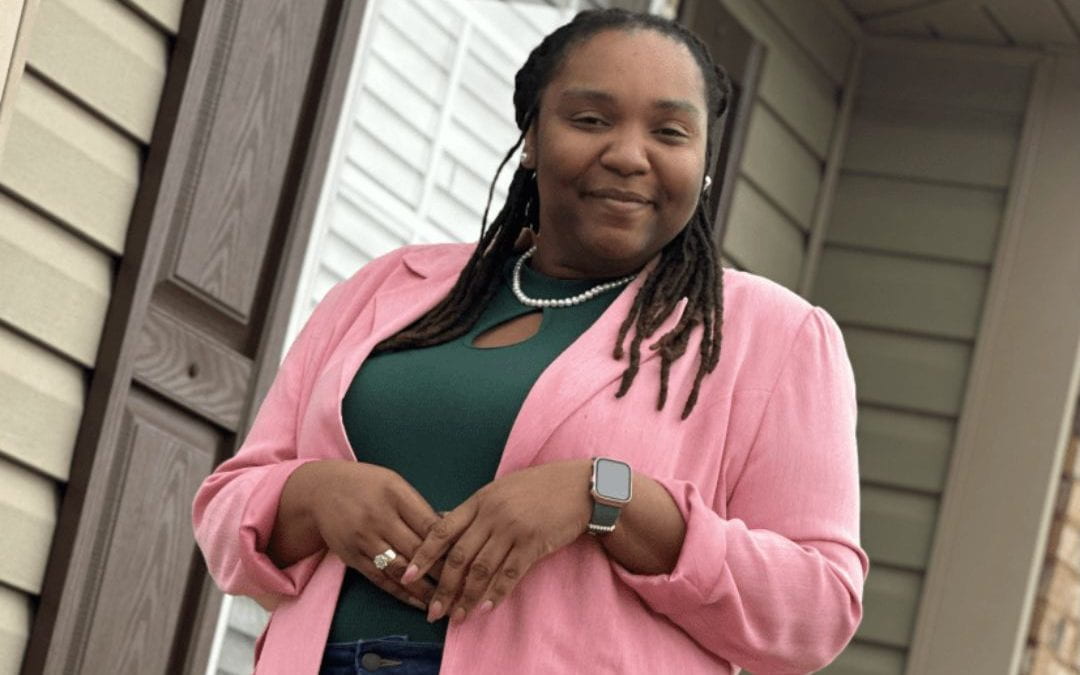Dr. Amanda Clark is a Birmingham native, with deep roots in the city. She attended UAB as an undergraduate and completed her Ph.D. at Auburn University. She has been in research since her sophomore year in the summer of 2010, and she’s had the opportunity to train in five different research labs!
While Dr. Clark started in medical research, she completed her graduate training in evolutionary biology. During this time, she investigated what changes at the DNA level were contributing to dwarfism in island reptiles and what changes were contributing to toxin resistance in water fleas.
Since then, Dr. Clark has moved back into medical research, focusing on pediatric kidney disease. Specifically, she is interested in how the contexts of cell-type, tissue, and species contribute to the onset and progression of autosomal recessive polycystic kidney disease, or ARPKD. With such an extensive knowledge base, we interviewed Dr. Clark on her experiences as a scientist.

Advice for Undergraduate Students
Dr. Clark’s first research experience was through a summer REU, or “research experience for undergraduates”, which she describes as “informative” and “fulfilling”. For undergraduate students interested in research, Dr. Clark had this to say:
“There are so many scientific disciplines and subdisciplines, as well as different types of mentors. Do not determine your relationship in research with a single experience; try more than one lab. Lastly, spend time reading the work coming out of the labs you are interested in. In many cases, you will be learning skills directly applicable to ongoing projects, initially.”
Dr. Clark’s Research
When asked about the impact of her research, Dr. Clark says, “I aim to contribute work that could be foundational to actionable therapies for ARPKD patients. While my work does not directly address therapeutics for patients, I will use different molecular signatures to determine what biological processes ARPKD-associated genes function in during development. This information is key to identifying and prioritizing targets for further therapeutic investigation. I will also enrich our knowledge of ARPKD in mouse models, which frequently do not develop the kidney-specific disease traits seen in patients. It is necessary to understand how the species-specific context contributes to disease onset and progression in our models to enhance translatability to human disease.”
Words of Wisdom
Dr. Clark offered advice for those who may be struggling with their research, saying, “Difficult times in life are inevitable, and from experience, perceived difficulty is even more prevalent in scientific research. It is key to remember that your mindset and perspective largely control how you perceive difficulty. I approach challenges with positivity, and I always look for what I can learn from each experience in life. Use your knowledge and resources to do your best, learn from your actions, adjust, and repeat.”
Outside of being passionate about research, Dr. Clark is invested in and excited about mentoring and teaching. When she’s not in the lab, Dr. Clark enjoys engaging the Birmingham community in cultural, service, and social events, as well as participating in outdoor activities.




